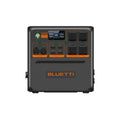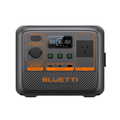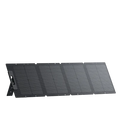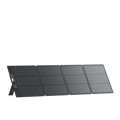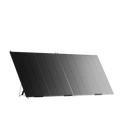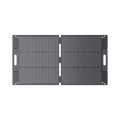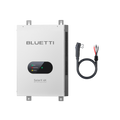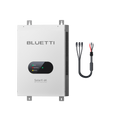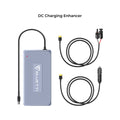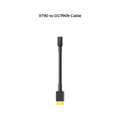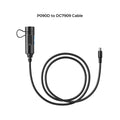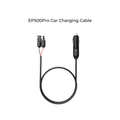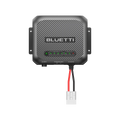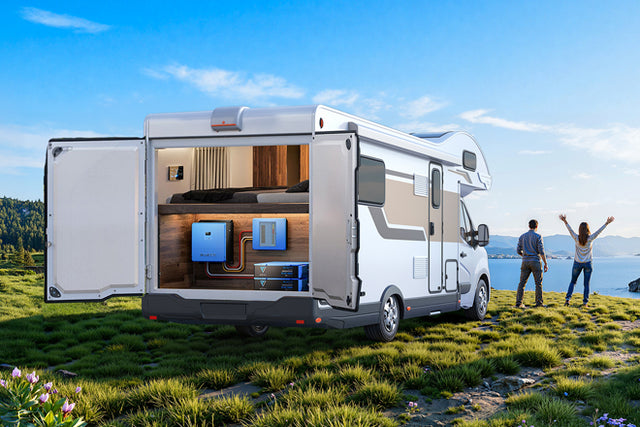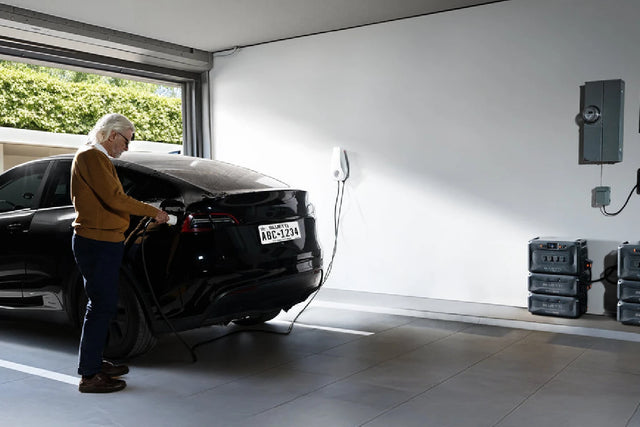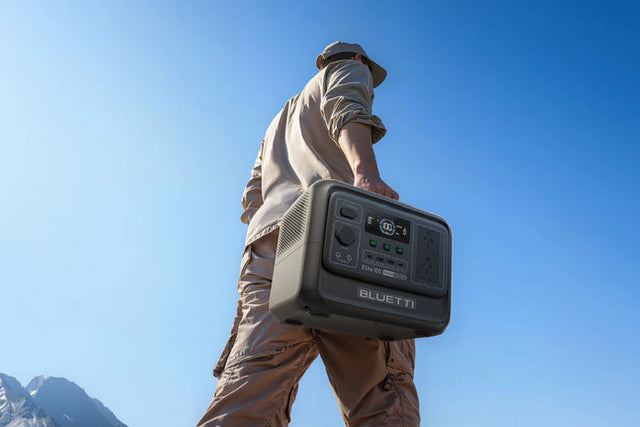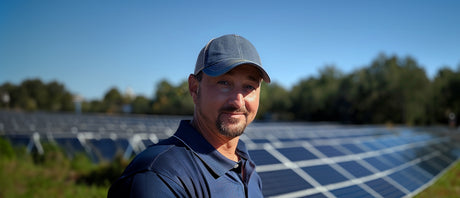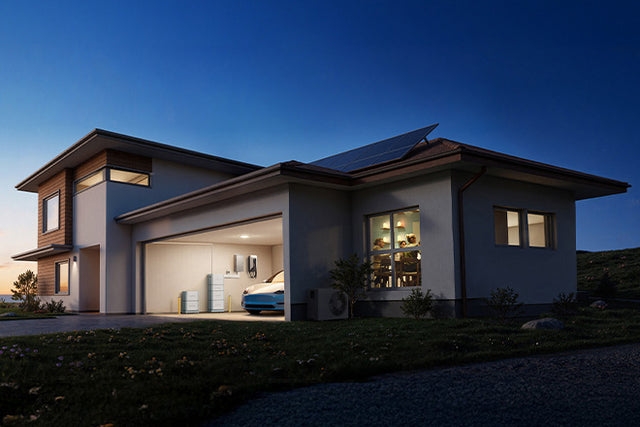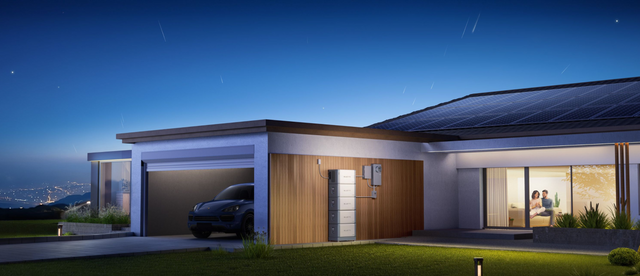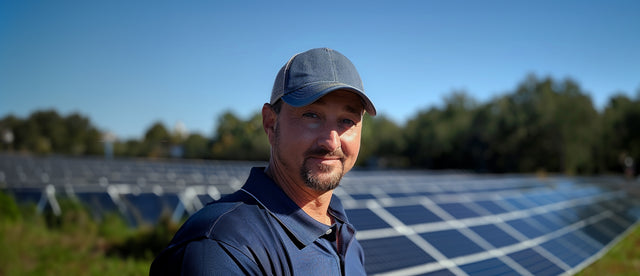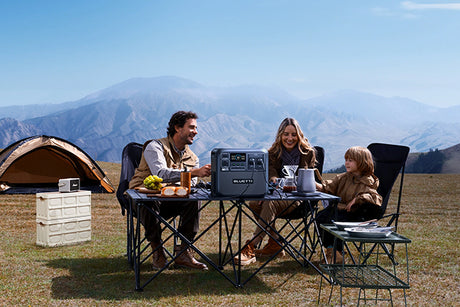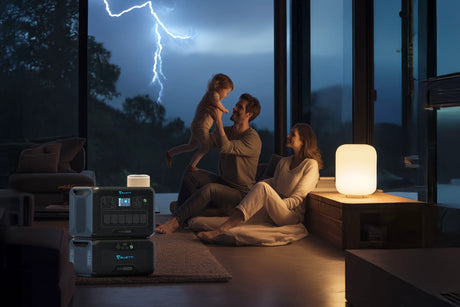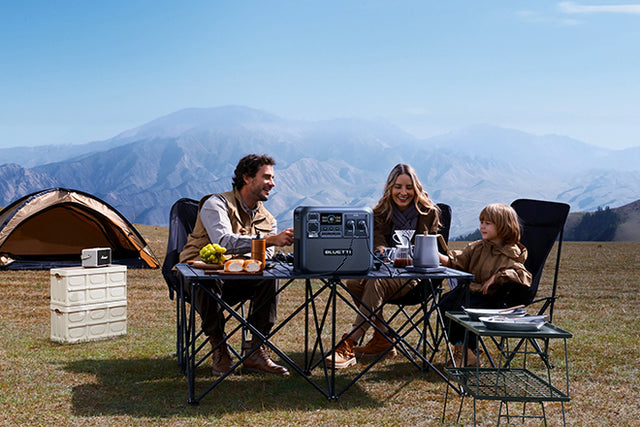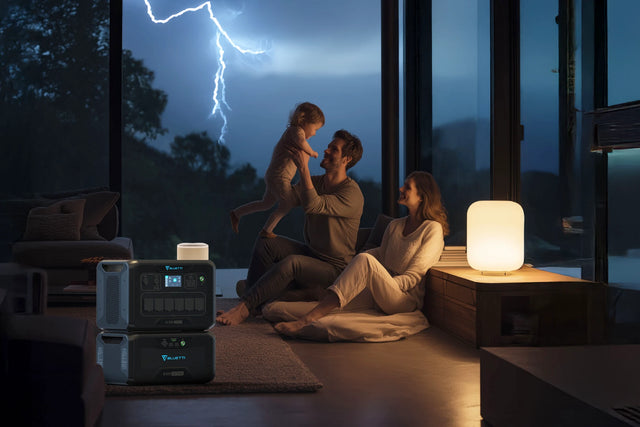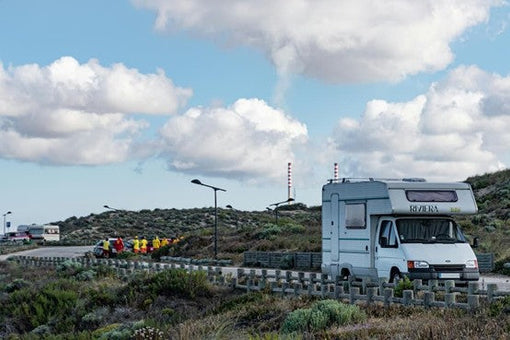When the power goes out or you're off the grid, having a generator can make things a lot easier. Whether it’s keeping the fridge running, lights on, or tools powered, a reliable source of energy matters. These days, people are weighg the pros and cons between gasoline generators and the newer solar generators. Both can do the job, but in very different ways. In this guide, we’ll break down how they work, where each one fits best, and what to consider before choosing one.
Technical Overview: How Solar and Gas Generators Work

If you're wondering whether you should buy a solar generator or one that uses petrol, first consider how each type generates electricity. One uses a fossil fuel and a combustion engine while the other harnesses the energy of the sun. Here's an overview of how they work, the technology they use and the practical aspects of running one.
Solar Generators: The Basics
How Does Solar Generator Work
-
Solar generators come with solar panels that capture the sun's energy and turn it into DC electricity. You can leave the panels out in the sun all day so the battery is fully charged, and they also work on cloudy days -- as long as there is some degree of sunlight coming through.
-
The sun's energy is then stored in a battery that's usually lithium-ion, for use when you need it.
-
Power from the batteries is converted into stable AC power, giving you a safe and continuous supply for appliances and devices.
Types of Solar Generators
-
Portable Units (500W-3,000W): These are suitable for camping, RVs and for charging electronics like laptops and mobiles.
-
Expandable Systems (3,000W-10,000W+): Best for home backup in the event of an electricity outage as they can power a number of large appliances at the same time. Also for use in off-grid settings.
Battery Storage Options
-
Lithium-ion: Efficient, light and long-lasting -- you can get as much as 15 years out of one. Slightly more expensive, however.
-
Lead-acid: Don’t last as long and are heavier, but cheaper.
Some solar-powered generators, such as the popular BLUETTI AC300, allow you to add battery capacity, thereby giving you more power.

Gas Generators: The Basics
How Does Gas Generator Work
-
Fuel (gasoline) is burned in an engine to produce energy.
-
The energy turns an alternator, and this generates electricity.
-
Transfer switches are used to deliver power to outlets for use in home backup and other settings, such as off-grid living for job sites.
Types of Gas Generators
-
Portable Gas Generators (1,000W-5,000W): These are ideal for backups when the electricity grid goes down and you need immediate power for a short duration. Also suitable for camping trips.
-
Large Gas Generators (5,000W-10,000W+): You can power your entire home with this bigger type, and also use them to run heavy equipment on work sites.
Fuel Options
-
Petrol (Gasoline): Easy to get but requires careful handling and storage, due to its volatile nature.
-
Propane (LPG): A cleaner fuel than petrol and good for ease of storage for long periods
-
Dual-Fuel Models: Gives you the option and flexibility of using both petrol and propane.
Key Factors to Compare
When looking at the differences between gasoline (petrol) generators and solar generators, cost is obviously a main factor but there are others too, especially the environmental impact they may have and also the suitability for your power needs.
So don't just look at the power output and assume that's all you need to know. Also take into account how they will perform and what they provide in different circumstances -- to run the home when a storm knocks out the electricity grid, for example, or to take along in your vehicle for a weekend or longer camping trip.
Here are the main differences between gasoline and solar generators.
1. Power Output & Performance
How Much Power Do You Need?
Look at the appliances, equipment and devices you want to power or recharge and add up their wattage so you know approximately how much power you need -- don’t forget to include high start-up power requirements of some larger appliances, like fridges.
-
500W-1,000W: Mobile phones, WiFi routers, LED lighting, fans
-
1,000W-3,000W: Small fridges, TVs, laptops, power tools
-
3,000W-10,000W+: Backup for the entire home, including large fridges, microwaves, heaters, AC
Which Produces More Power?
-
Gas Generators: If you want a high level of power, gas is the way to go, as they will let you operate several large appliances at once. They range from 1,000W to 10,000W and above.
-
Portable Solar Generators: More suitable for lower power usage, for smaller devices and electronics, and range from 500W to 3,000W.
-
Solar with Battery Expansion (the BLUETTI AC300, for example): You can get up to 10,000W and above by adding additional battery packs to the system. Good for backups for the entire home as well as living off-grid.
-
Phone charging, LED lighting, Wi-Fi: A gas generator here is too much, as it would waste power, and the fuel needed to generate it, for these low loads. So a solar generator is ideal. You can use just the amount of power you need for these devices and fittings, and instead of the noise you'd get with a gas generator, the electricity will be delivered in silence. You could always use a hybrid option, with gas as a backup when your solar generator is running low.
-
Small fridge, TV, laptop: For these appliances and devices, you could use either gas or solar, or a hybrid combination of the two. But as there's not that much power required, you should be able to use just solar and enjoy its benefits over gas, especially if you use battery expansion -- free energy from the sun, no toxic emissions and quiet operation.
-
Power tools, full-size fridge: As more electricity is needed for these, a gas generator is required to meet the higher demand, including the larger start-up requirements of fridges. It’s especially true if you're planning to use power tools over an extended period, not just for a short time. You could opt for battery expansion with a high-capacity solar generator but you'd need to have sufficient storage.
-
Air conditioner, electric heater: Appliances such as these have heavy power needs, so a gas generator is best, so you get a sustained level of high power output. If you want to use solar, you’d need to add a number of battery packs and have sufficient solar panels to charge them. You could use both, in a hybrid setup, giving you the best of both.
-
Whole-house backup: When the electricity grid goes down and leaves you with no power, a gas generator is the traditional backup that Aussies have relied on to power their entire homes and all the many appliances and devices they need to keep going. But with more people now opting for green energy solutions, you could choose a solar generator with additional capacity from expansion batteries.
2. Reliability & Weather Dependence

The main concerns with a solar vs generator is how reliable they will be and if they work in certain circumstances. The most important issues are fuel and weather conditions, and if you're going to be left without power because you can't get sufficient fuel supplies and it's cloudy and rainy outside and there's not enough sunlight to charge your batteries. Here's a closer look:
Gas Generators:
Power in Any Weather: Gas generators are not reliant on weather as they burn fuel to generate electricity. So you can use one in emergencies, when out camping or for electricity at work sites whatever the weather.
Fuel Availability Risk: The major downside to a gas generator is you need a lot of fuel to keep them going over an extended period. During natural disasters like storms, floods or bushfires anywhere in Australia, it may be difficult to find fuel as petrol stations could be closed and you might not be able to travel.
Solar Generators:
Dependent on Sunlight: You can only charge the batteries attached to your solar generator setup when there’s enough sunlight. So you may struggle on cloudy days or during storms that triggered a power outage in the first place.
Battery Storage Essential: A battery pack that’s large and robust enough is vital to ensuring a solar generator is able to store and provide enough power when you need it. Look for solar options like the BLUETTI AC300 that allow you to add additional battery capacity.
No Fuel Worries: A big advantage of solar over gas generators is during a natural disaster and when you need backup power, you don't have to worry about getting fuel supplies for solar, as you can just use the power of the sun.
3. Environmental & Safety Concerns
Apart from how well gas and solar generators perform when you need them to work, as well as costs, you will also need to consider safety when operating them, due to Australian regulations, and the environmental impacts.
Gas Generators
Emissions: Traditional generators emit carbon dioxide and carbon monoxide, which can be deadly if proper ventilation is not provided.
Noise Levels: Gas generators are noisy, producing sounds at around 50-90 decibels, which is equivalent to the noise of blenders or power tools. This can disturb the peace of the home, and that of neighbours, as well as when out camping.
Fire and Storage Risks: The fuel you need to power a generator poses a fire risk if not stored properly, especially during spells of hot weather.
Solar Generators
Zero Emissions: Solar generators are an environmentally friendly solution to power backup needs as they don’t emit any pollutants and have no carbon footprint.
Silent Operation: You can operate a solar generator without having to worry about disturbing your household, neighbours or wildlife, because they have no moving parts and don’t make any noise.
Low Risk: There are no fire or emissions risks with solar generators because fuel is not required and they don’t give off toxic substances.
The choice of either a solar or gas generator to use in various settings and circumstances ultimately depends on what you need. A petrol generator may be best for large power requirements but for green, quiet and low-maintenance solutions, a solar generator is hard to beat -- especially given that the fuel it needs is free.


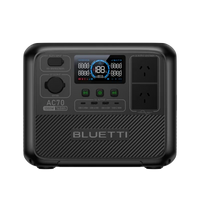
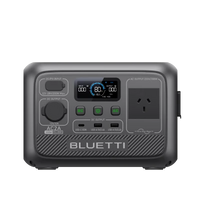
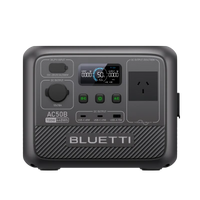

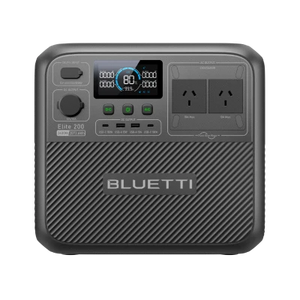
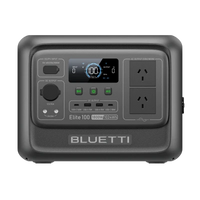
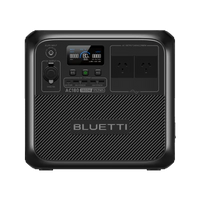
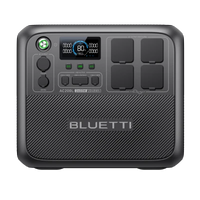
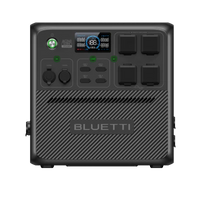
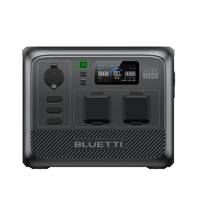
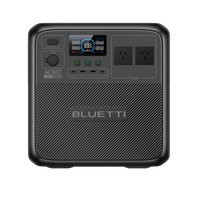


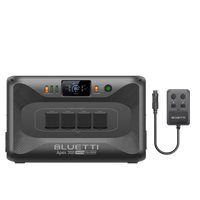

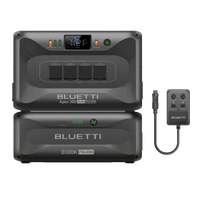
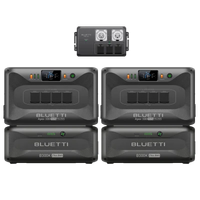
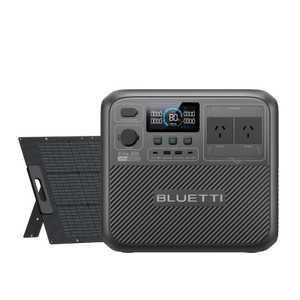
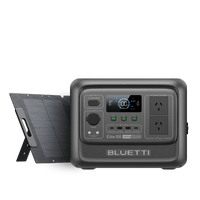
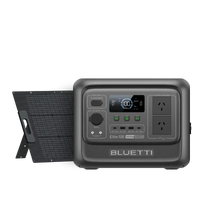
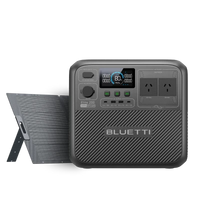
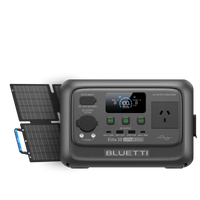
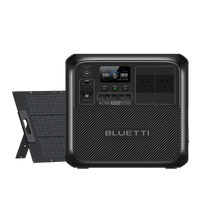
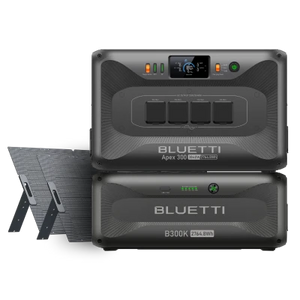
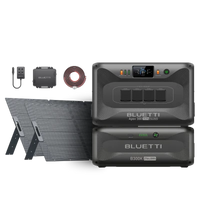
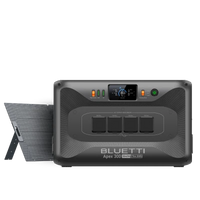

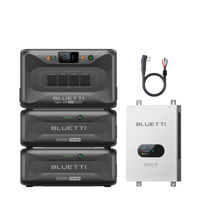


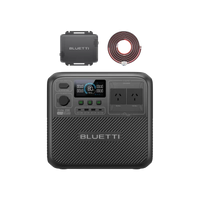
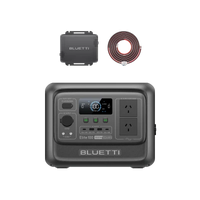
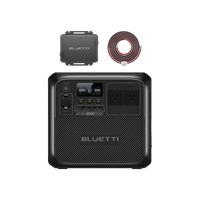
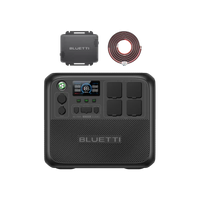
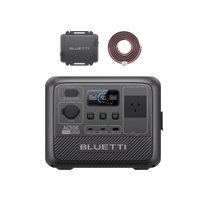
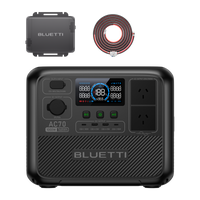


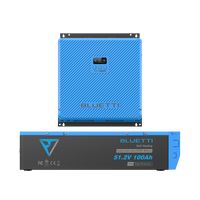
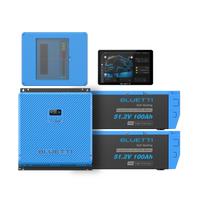
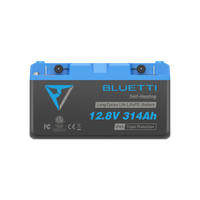
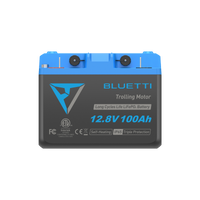
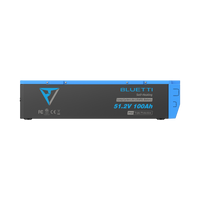
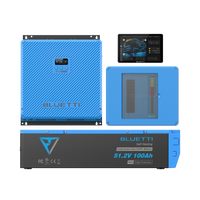
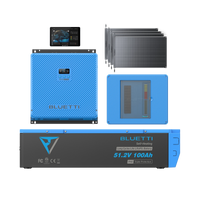
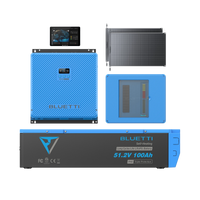
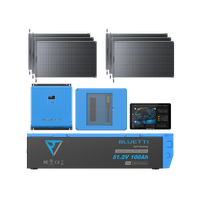




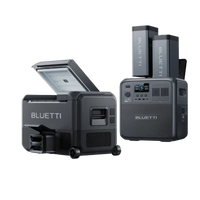
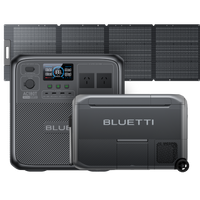
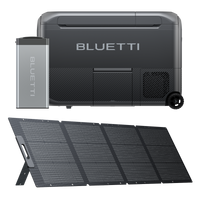

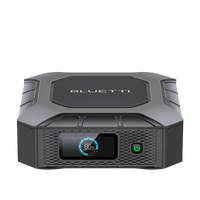


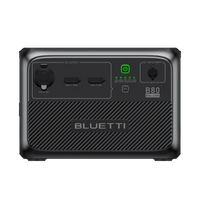
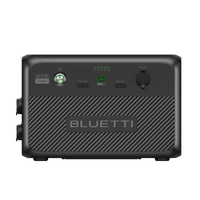

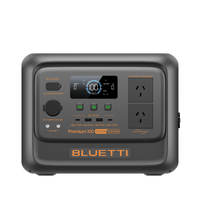
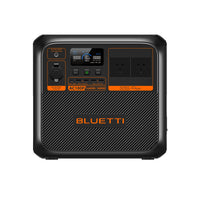

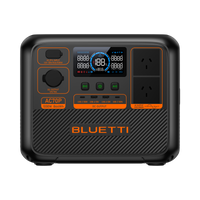
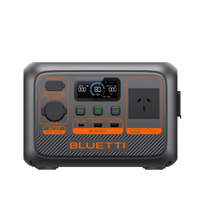
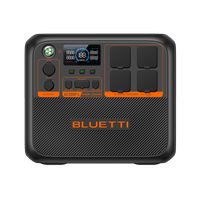
![[Phased Out] BLUETTI B80P Expansion Battery | 806Wh](http://www.bluettipower.com.au/cdn/shop/files/202310025B80P_2000-2000px_4_4caa0c1c-4dab-4272-9e9b-2b7507e5bd81.jpg?v=1713777870&width=200)
![[Phased Out] BLUETTI B210P Expansion Battery | 2,150Wh](http://www.bluettipower.com.au/cdn/shop/files/2_08cf9ef3-03a4-4489-b641-d3edb8094896.webp?v=1716016566&width=200)
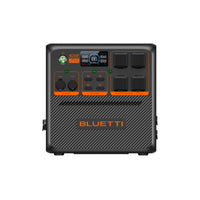
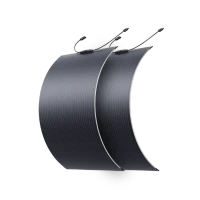
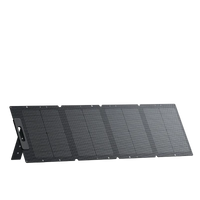
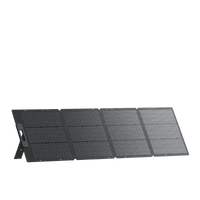
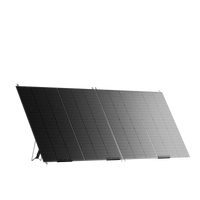

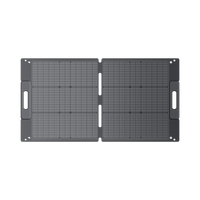

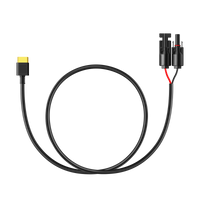
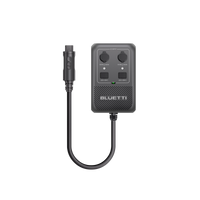

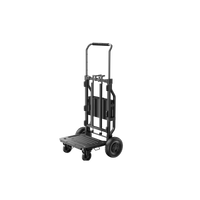
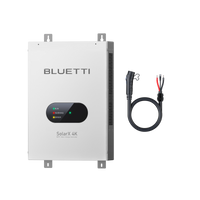
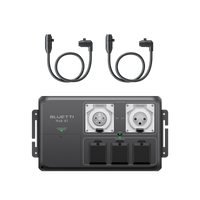
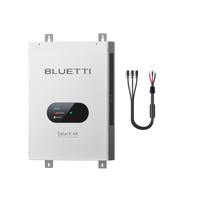
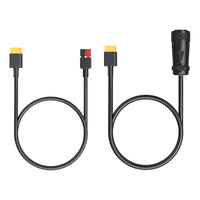
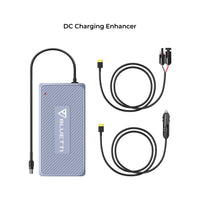

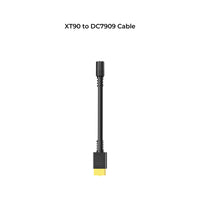
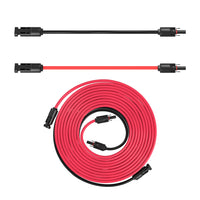
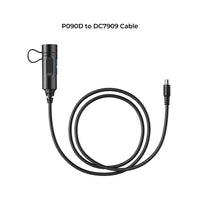
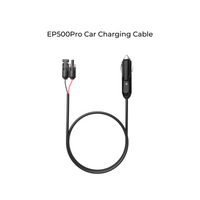


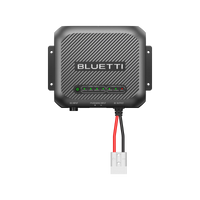
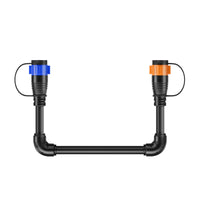



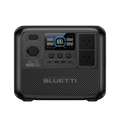
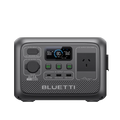
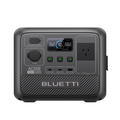


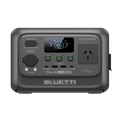
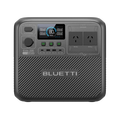
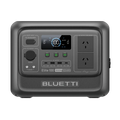


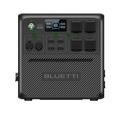
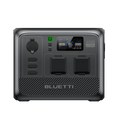
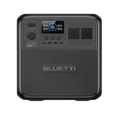


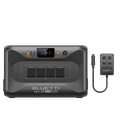

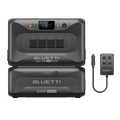
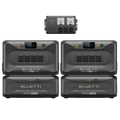




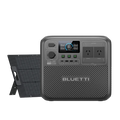
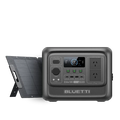
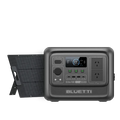
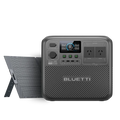
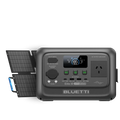
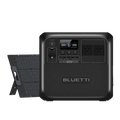
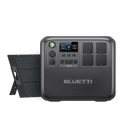
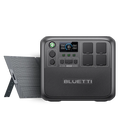




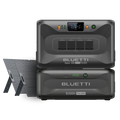

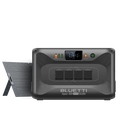
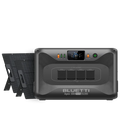
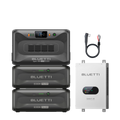







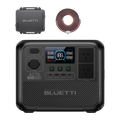
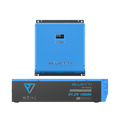
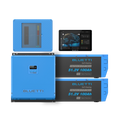




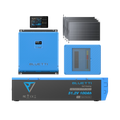

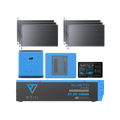









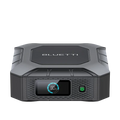


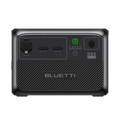



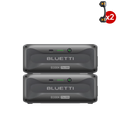
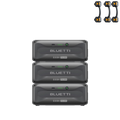





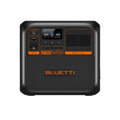


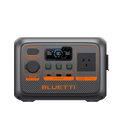

![[Phased Out] BLUETTI B80P Expansion Battery | 806Wh](http://www.bluettipower.com.au/cdn/shop/files/202310025B80P_2000-2000px_4_4caa0c1c-4dab-4272-9e9b-2b7507e5bd81.jpg?v=1713777870&width=120)
![[Phased Out] BLUETTI B210P Expansion Battery | 2,150Wh](http://www.bluettipower.com.au/cdn/shop/files/2_08cf9ef3-03a4-4489-b641-d3edb8094896.webp?v=1716016566&width=120)
